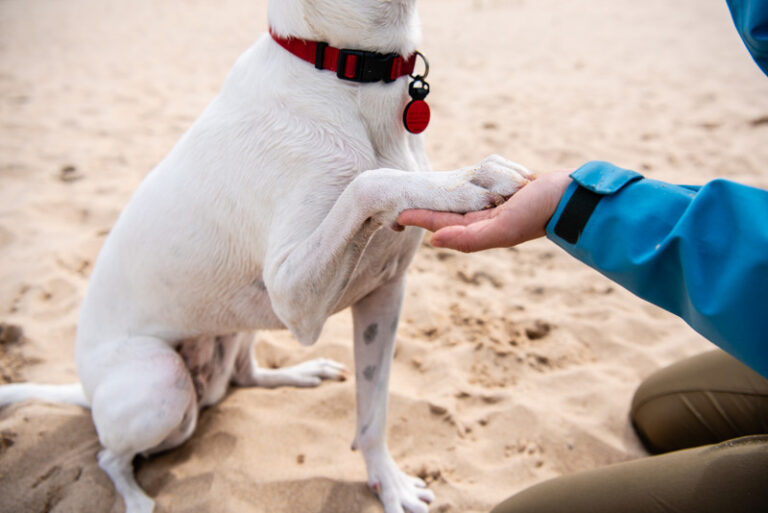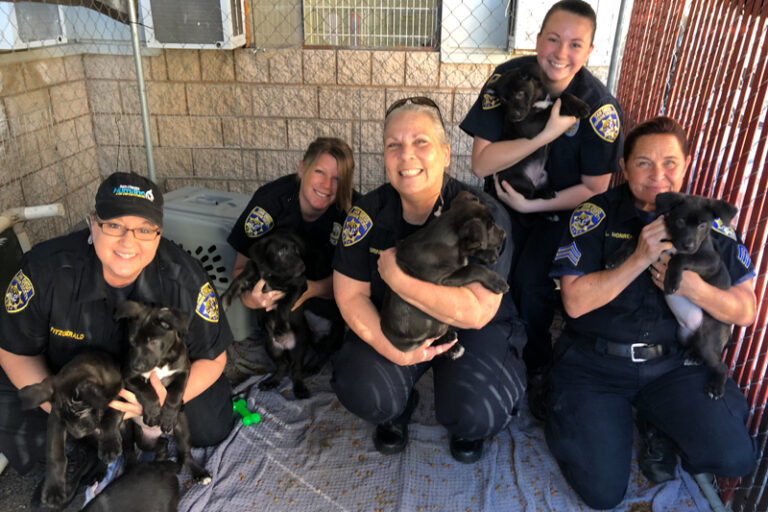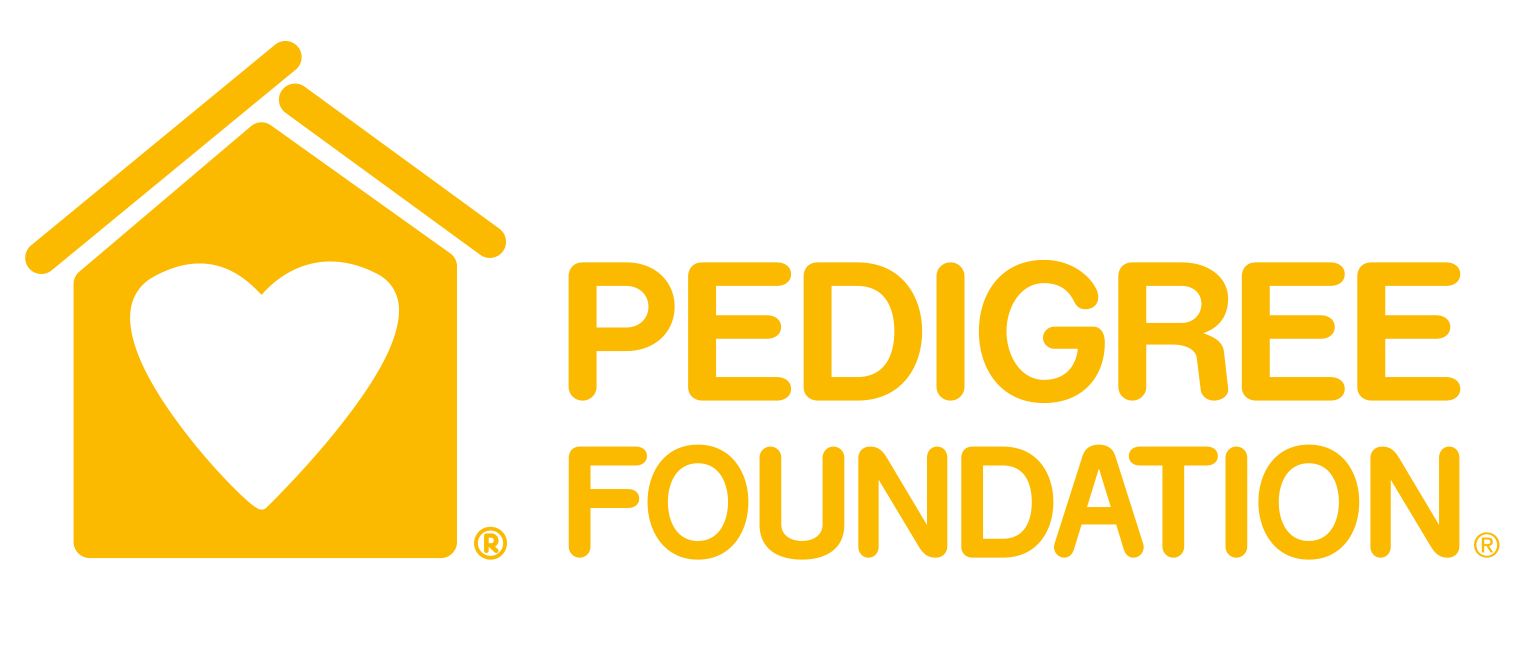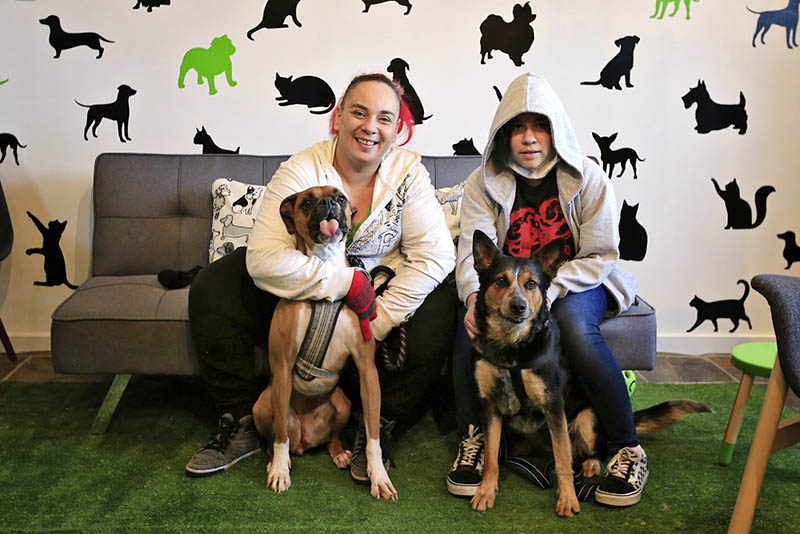
Steal This Idea is a new series in which we bring you creative ways that animal shelters and organizations are incorporating the HASS Elements into their work. We’ll tell you about these innovative, interesting, effective programs and practices—that you can try at your organization, too!
Today’s Steal This Idea takes on extra urgency in the face of the federal eviction moratorium coming to an end, with millions of American families at risk of losing their homes.
Ruff Haven Crisis Sheltering is a Salt Lake City, Utah-based organization with a tagline that tells you a lot of what you need to know: Keeping Pets With Their People.
Ruff Haven provides emergency fostering for pets, when their owners are in crisis and can’t care for them. The organization opened with a physical pet care center, then added a growing network of foster homes. Ruff Haven is generally caring for 15-16 cats at any time, and 35-40 dogs.
They offer long term fostering, and also will take pets in for a few hours at a time for folks who have court hearings, medical appointments, or even jobs. These services are supplemented with vaccine clinics, free grooming, and more.
Since opening its doors last June, Ruff Haven has cared for some 250 animals, belonging to 150 families, co-founder Kristina Pulsipher told us on a recent phone call. Most are people who have lost their jobs, or can’t find affordable housing.
She says the organization has had a 98 percent success rate of reuniting these pets with their people (in a small number of cases, with the owner’s consent, the pets have been rehomed).
Kristina calls the people who Ruff Haven serves “animal welfare heroes.” One who stands out is an early client named Shane who was living with his cat, Little Foot, in a van. Shane had a head wound, but put off treatment “because he wouldn’t leave Little Foot,” she tells us.
“And so, Little Foot came into our care,” Kristina says. Little Foot stayed at the center for six months. He was a “spicy little kitty” during this time.
Then Shane “got things figured out. We reunified them back into their van.” Kristina says that Little Food instantly settled down, back with Shane. “That’s where he needed to be. That was his home,” she says. “It wasn’t with us. It was with his person.”
Inspiring, right? (Heck yes, right!)
What follows is a lightly edited Q&A with Kristina about what Ruff Haven does, why this new-ish organization serves such a critical role for humans and animals, and tips for other organizations on developing crisis fostering programs in your communities.
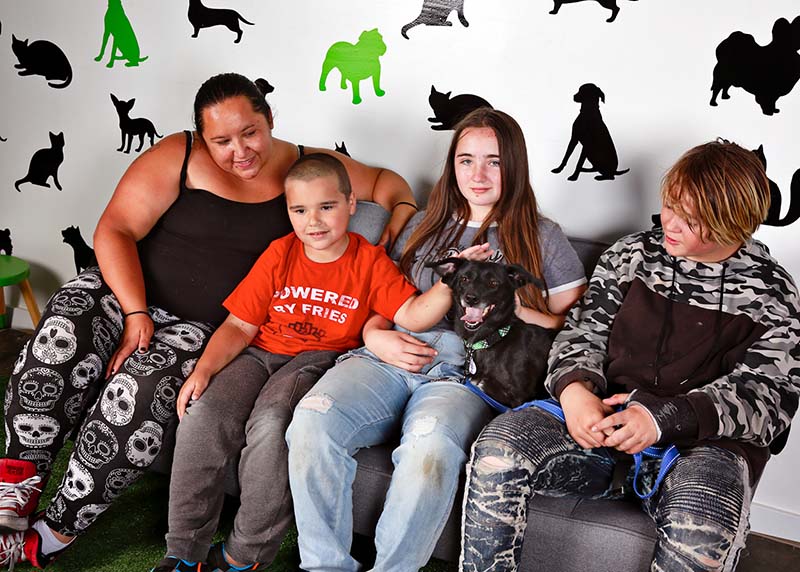
How do people who need your help find you?
The majority of our referrals have actually come from local animal welfare organizations, especially the Humane Society of Utah. The Humane Society of Utah provides all of our spay and neuters for free, which is massive. We prevent animals from going into their shelter, saving them space and cost. So, it’s a mutually beneficial relationship.
There’s also a lot of social media, and as we’ve grown and the word spreads, we’ve formed a lot of partnerships with social services agencies.
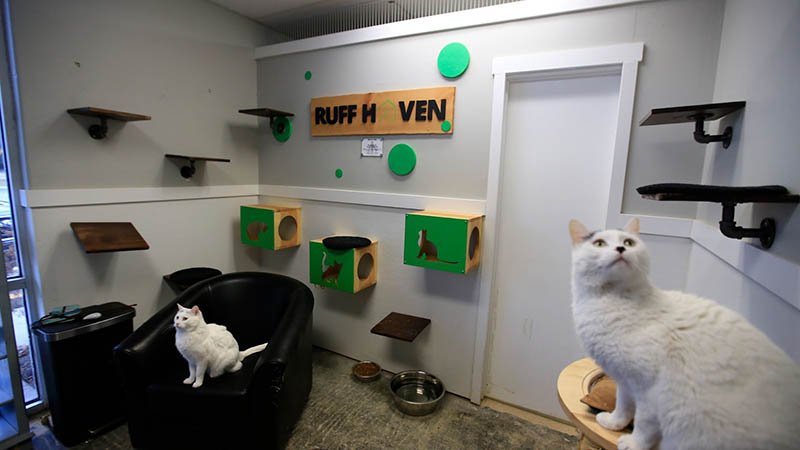
Do you expect there will be even greater need for emergency fostering programs once the federal eviction moratorium expires?
Yes. About 70 percent of our clients use our program due to housing insecurity and we anticipate that will only increase with the expiration.
Where does the funding come from? Is it all grants? Is it donations?
We’ve had some grants, some small grants, and a grant from PetSmart Charities. But it has been primarily individual donations.
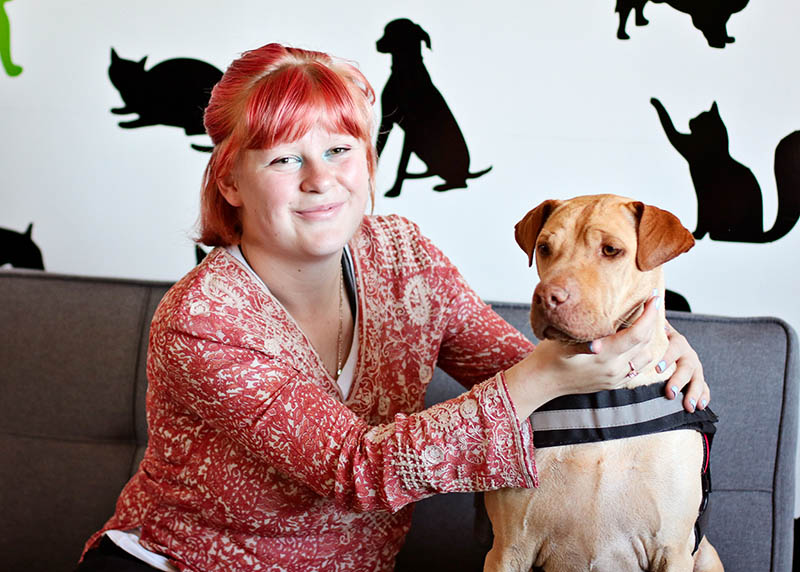
A year in, what’s most surprised you? What’s been hardest? What’s most inspiring?
I’ve realized that while the animals we care for are the heart of our organization, our human clients are the soul. Taking care of the pets is certainly a large focus, but I’ve been surprised by how much time and effort goes into working with and serving the pet owners. That’s where the majority of our time is spent and building trust has allowed us to be so successful.
The hardest is not being able to provide services to everyone who needs us. We receive up to 20 applications in a week and just can’t provide sheltering for everyone who would like it. Making those decisions about who we can serve is one of the hardest things we do.
The thing that has been most inspiring is the lengths people will go to to stay with their animals. I’m not sure even I would make the choices and sacrifices people do to keep their pets with them. Avoiding life-saving medical care, refusing to leave violent relationships, sleeping in their small car with five animals, etc.
If others wanted to start a similar service, do you think they could just make it just foster based?
Yes, for sure. I think having the physical location allows us to serve as many people as we do, but it’s certainly not a requirement.
Something else to try is reaching out to community boarding facilities to see if they’re able to give one kennel or two kennels.
What are some other tips for people at shelters who want to expand their crisis fostering programs, or for people who want to start up a Ruff Haven in their community?
Start small. Even if you were opening at two or three kennels, those are two or three families that would not have had that opportunity to begin with. Just start where you can.
You don’t need to reinvent the wheel. Reach out to other organizations that are doing this really well. We met with local animal welfare organizations before we officially opened our doors. to talk about how we could benefit each other, where the need is. We don’t want to overlap or duplicate services.
Focus on the categories that you’re willing to do. There are some organizations that will not do housing or homelessness at all, because it is such a tremendous need, but they will do hospitalizations or domestic violence.
So, maybe focus on an area that you’re willing to serve. And you will find the need there regardless of what it is.
More questions? Ruff Haven has a comprehensive FAQ page on its website, and Kristina has generously offered to “share everything that we have with anyone.” She asks folks to reach out through the Ruff Haven website or email her at kristina@ruffhaven.org.
